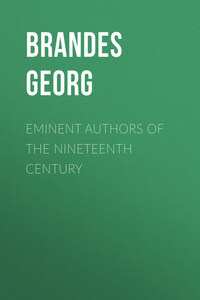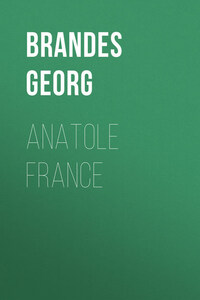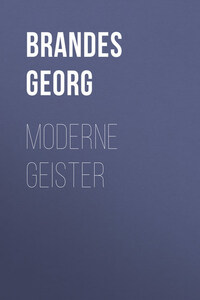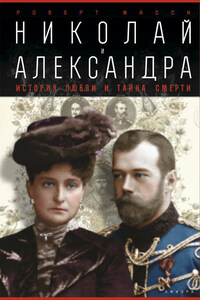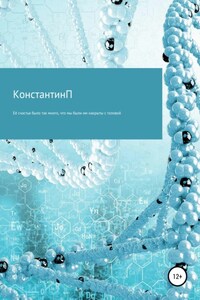1875
"How does it happen," I asked recently of a distinguished portrait-painter, "that you, who formerly have made successful efforts in several other branches of art, have at last confined yourself wholly to portrait-painting?"
"I think it is because it has given me the most pleasure," replied he, "to study and to perpetuate an object which has never existed before, and will never appear again."
With these words he seemed to me strikingly to designate the interest which attracts a person to distinct individuality, that of the inner as well as that of the outer being. To the critic, too, the individual is an especially alluring object; to him, too, the execution of a portrait is a singularly fascinating occupation. Unfortunately, his means of communication are deplorably far behind those of the painter. What can be more difficult and more fruitless than the attempt to express in words that which is purely individual – that which in accordance with its very nature must mock at every effort of reproduction? Is not personality, in its uninterrupted flow, the true perpetuum mobile, which does not admit of being constructed?
And yet these insolvable problems ever charm and attract anew. After we have gradually become familiar with an author, have come to feel ourselves perfectly at home in his writings, to perceive dimly that certain of their characteristics dominate others, and then happen to be by nature of a critical turn of mind, we can find no peace until we have rendered ourselves an account of our impressions, and made clear the indistinct image of the character of another ego that has arisen within our own soul. We hear or read criticisms on an author and find them absurd. Why are they absurd? Other statements seem to us but half true. What is lacking to make them wholly true? A new work of importance from his pen appears. How far have the earlier works been a preparation for it? We almost become curious to learn how we ourselves would characterize his talent – and we satisfy our curiosity.
Whoever casts a glance on the long row of closely printed volumes which form Paul Heyse's complete works, and remembers that the author was born in the year 1830, will first of all be apt to exclaim, "What industry!" Involuntarily he will trace back this astonishing productiveness to a will power of rare endurance. None the less, however, does it owe its origin to a singularly fortunate nature. This nature possessed within itself so luxuriant a fruitfulness that it has yielded its harvest without the least effort of the will, without any undue exertion; it has yielded a harvest of such variety that we might believe it to be fostered according to a defined plan and with a painstaking will; nevertheless, it has obviously been permitted to act with thorough independence. To allow nature to rule, to follow one's own pleasure or bent (sich gehen zu lassen1), has been from the outset, as we soon come to feel, Heyse's motto, and so it happens that with qualities which usually lead to a wandering, scanty, fragmentary productiveness, he has completed and perfected each undertaking, having written lyric and epic poems, one grand epos (Thekla), a dozen dramas, more than fifty "novellen," and two large romances. He began early; while yet a student, he entered on his literary career. Free from care as a pedestrian tourist who gayly whistles as he strolls along, never hurrying, pausing to drink at every spring, lingering before the bushes by the wayside, and plucking flowers as well as berries, resting in the shade, and wandering along in the shade, he has gradually trodden a pathway of such extent that we could only expect to see it traversed by one who maintained a breathless march, with eyes fixed unwaveringly on the goal.
The voice followed by Heyse as an author is unquestionably the voice of instinct. North German though he is, nothing is farther removed from him than cool deliberation and premeditation. Born in Berlin, he nevertheless takes root in Munich, and finds in the ardent South German race and in the throbbing South German life the surroundings most congenial to his temperament; at home in South Germany, he yet feels constantly drawn to Italy, as the land where the human plant has attained a more beautiful and luxuriant growth than elsewhere, one that is less disturbed by reflex action, and where the voice of the blood speaks most distinctly, most powerfully. This voice is the siren voice which allures Heyse. Nature! Nature! keeps ringing in his ear. Germany has authors who appear almost wholly devoid of inspiration, and who have only been made what they are by a vigorous North German will (as Karl Gutzkow, for instance); others (as Fanny Lewald) whose works bear the impress of an active North German intellect. Neither through volition nor deliberation does Heyse create and fashion his works, but simply by heeding the inner impulse.
Many an author is tempted to impart to his reader an idea of himself differing somewhat from the correct one. He takes pleasure in representing himself as that which he
